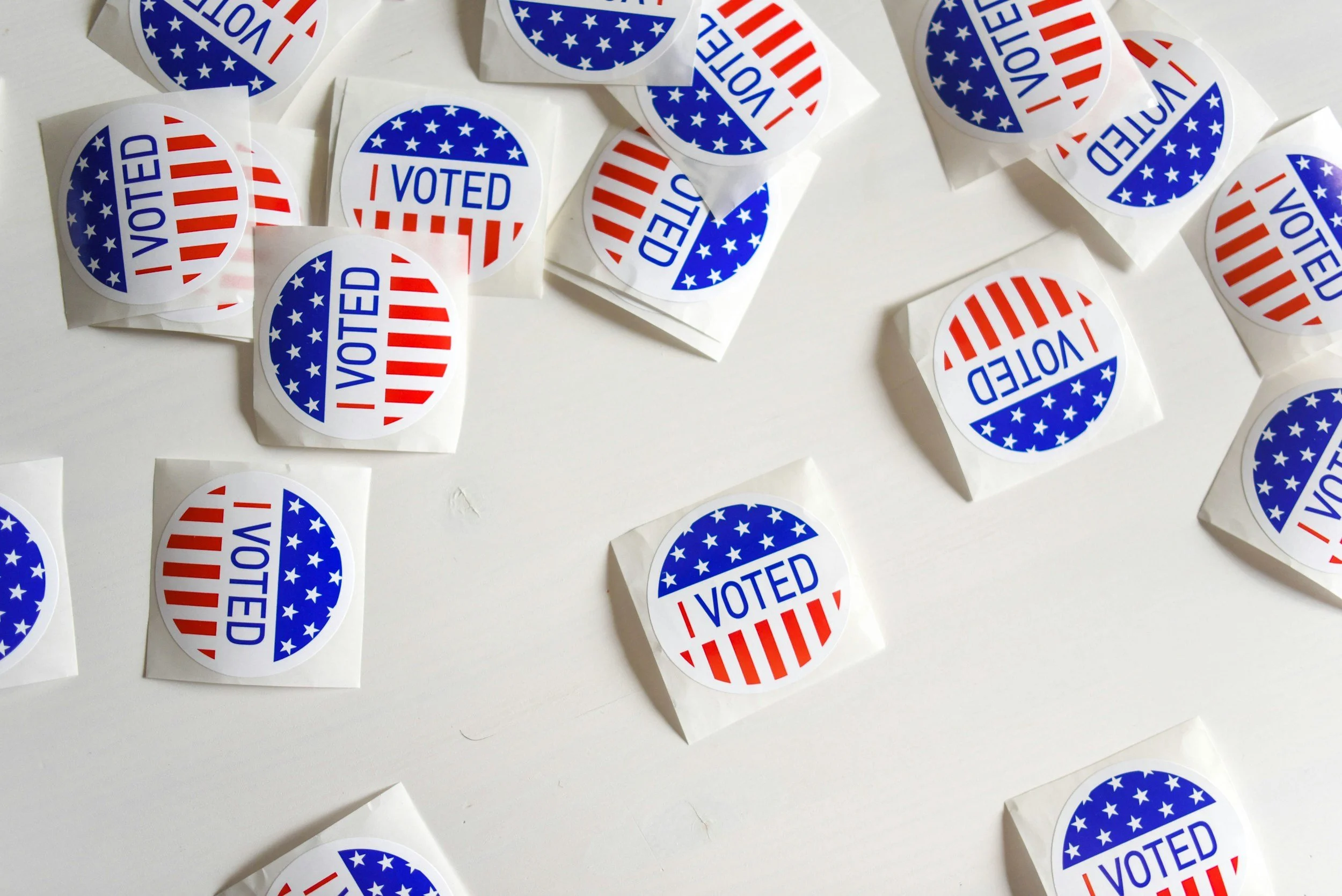Time is Money
July 11, 2021
The only thing we really have in this life is time—and we never know how much of it we’ll get to enjoy. This realization makes me wince whenever I see an editorial, FB comment, etc., that opposes an increase in the minimum wage by disparaging “unskilled” workers as people who don’t deserve to be compensated fairly. Saying that a person’s time is worthless is essentially stating that a person’s LIFE is worthless, and I’m not prepared to say that about anyone. People who argue against raising the minimum wage typically demonstrate a condescending attitude toward “unskilled” workers—people in retail, food service, delivery (AKA “essential workers”). Worse, they seem to want to keep them in that position by forcing them to have to work constantly just to keep themselves fed and clothed.
Personally, I don’t care how “unskilled” the job is—if a person is hired to do nothing more than watch paint dry, they should still be compensated fairly for their time. That’s time that could be spent taking care of a sick/elderly relative, reading/going to classes/improving themselves, pursuing artistic endeavors like music, theater writing (even writing a political-themed blog that nobody reads!) or enjoying any kind of hobby. It’s also time that could be spent searching and preparing for a better career that job snobs wouldn’t condescendingly deride. Or it could be time spent just goofing off—it’s not for me to dictate what someone should do with their own limited time on this earth. If there’s a need for someone’s time—even for something as unchallenging as watching paint dry—then the person who agrees to spend their time doing that job should be properly compensated for it.
The flawed logic used by people who oppose a livable minimum wage is that raising the minimum wage for “unskilled” workers will somehow put them on the same financial level as “skilled” workers. This of course is not true—if employers risk losing “skilled” workers to equally lucrative “unskilled” jobs, they’ll have to raise wages too. Increasing the minimum wage to something that a person could actually survive on wouldn’t mean that everyone’s wages would be the SAME. Yes, retail, food and entertainment costs may go up, but if wages go up more for everyone—as they likely would—it would ultimately create a more financially secure situation for the majority of working people in the country. Personally, I’ve never experienced major sticker shock when traveling to European countries that have a higher minimum wage/quality of life—just the run-of-the-mill extra costs of being in tourist-heavy areas—so I can’t imagine that any cost increases associated with providing workers with a living wage would be financially crippling for the rest of us.
Opponents of a livable wage often cite the hardships that it might cause to small businesses. But as far as I can tell, the main beneficiaries of maintaining the status quo—or making it WORSE for workers—are BIG businesses, which are in turn the main causes of the collapse of small businesses. In that context, putting roadblocks to improved worker quality of life under the guise of protecting small businesses is self-defeating. There are other ways our government can and should help small businesses to thrive without sanctioning starvation wages.
Another reason often cited by opponents of a livable wage is teenage employment. “Fast-food/retail jobs are for teenagers who don’t NEED much money! “ they argue. In my humble opinion, teenagers should take home less money overall because they work fewer hours—NOT because our society wants to instill in them from young age the lesson that their time isn’t valuable. They should make less money than adults because they’re only working part-time, and are spending more time in school, with friends, or just being teenagers—NOT because their hourly wage is dismal.
Boomers might pat themselves on the back for their work ethic as they look back wistfully on their teenage years. After all, a boomer who was 17 in 1970 might’ve been able to work 30-hours-per-week over the course of a summer and buy a $500 used car to tool around in for his/her senior year, while basking in the pride of having earned that possession through hard work. With today’s low minimum wage and high cost of living, that kind of pride in the fruits of one’s labor is out of reach for today’s teenagers—even if they spend an entire summer working 40+ hours per week.
The economy of the richest country on Earth shouldn’t be geared toward indoctrinating working-class teenagers and adults to the idea that their time is virtually worthless. All work should have value—not the SAME value, but enough value to at a minimum provide a decent quality of life. We shouldn’t want to maintain a system in which many people are used as nothing more than tools to build the wealth of the top 1%. And everyone—even “unskilled” workers—should be able to decide how they want to spend their limited time on this earth. A livable minimum wage improves the quality of life and extends the option of self-determination to everyone. Why would anyone be convinced that a fellow human being working in any job doesn’t deserve that?





